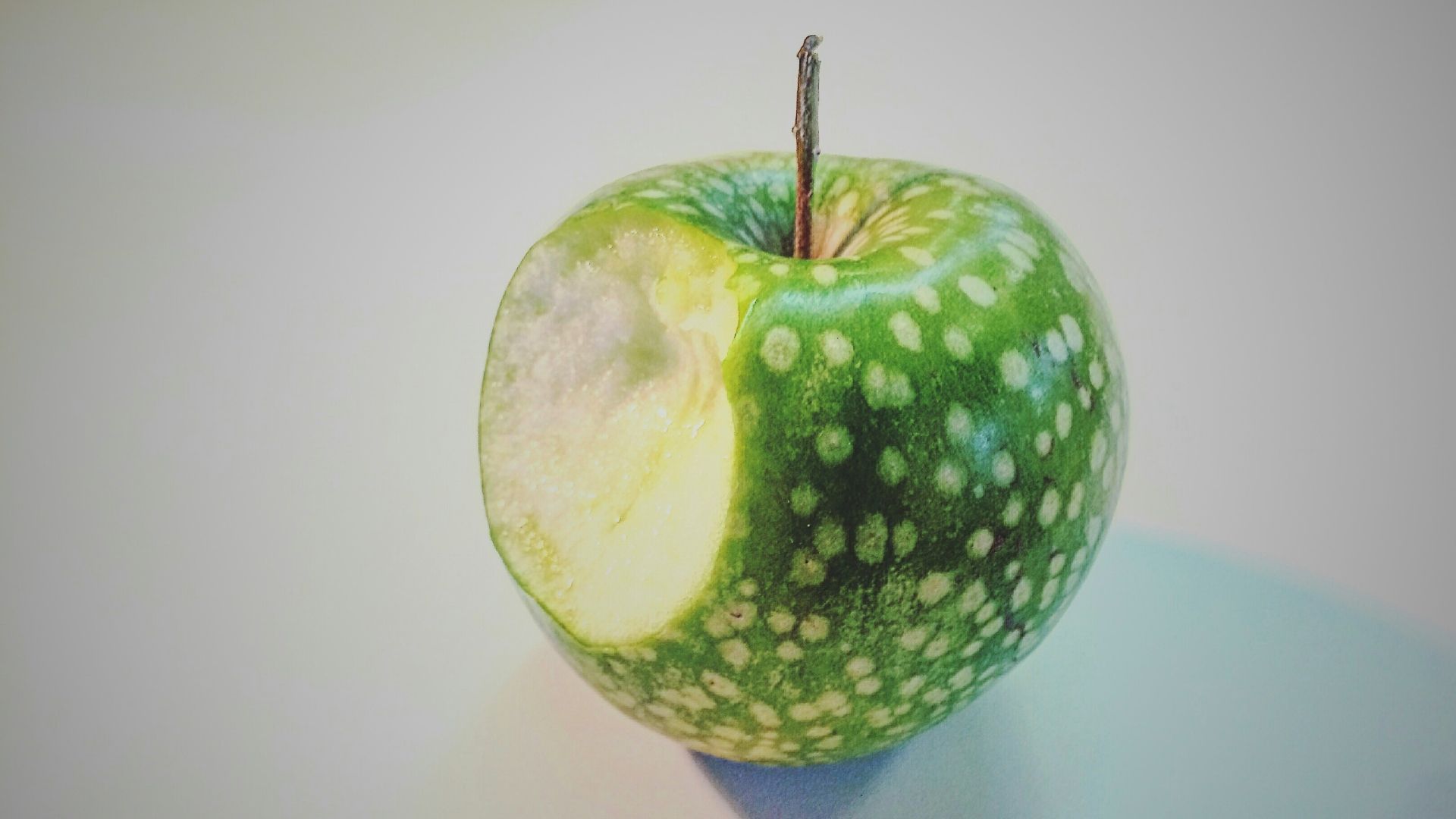A Netflix documentary, Apple Cider Vinegar, tells the true life story of Australian influencer Belle Gibson, who claimed to have cured her cancer using diet, detoxes, and alternative therapies.
Rejecting conventional medicine, she built a massive following, launched a successful recipe app and published a cookbook. She claimed that she was donating much of her profits to charity until it was revealed she was an incredible fraud.
The fallout was shocking. Her lies had devastating consequences for some of her followers who had abandoned proven treatments in favour of her alternative therapies.
Read more: Drinking apple cider vinegar may help with weight loss but its health benefits are overstated
One of the impacts of the documentary series is to successfully show how a cancer diagnosis can sometimes make patients and their families vulnerable to seeking out hope wherever it might appear, even if it means clinging to unproven remedies.
In a world often overrun with instant gurus, viral hacks, and wellness conspiracies, separating fact from fiction has never been more critical.
Daily Maverick asked three oncologists and a dietitian to give their perspectives on cancer treatments, conventional and integrative.
What risk really tells us and why it matters
Dr Duvern Ramiah, Head of Oncology at the University of the Witwatersrand, Dr Keo Tabane, an oncologist at Sandton Oncology, and Dr Jacqueline Hall, a Cape Town-based oncologist, all agree: so far, there is no conclusive scientific evidence that any specific diet can prevent cancer, stop its spread, or extend life.
Conventional treatments — chemotherapy, radiation, surgery, and immunotherapies — remain the gold standard because they are grounded in decades of rigorous research and clinical evidence.
Every cancer is different. That’s why treatments are tailored to the individual, with patients and oncologists working closely to assess the risks, benefits, and goals.
This said, lifestyle does matter: estimates suggest that 30-40% of cancers could be prevented through diet and lifestyle changes. However, association with risk doesn’t equal causation. Association is when two things are linked, but one doesn’t necessarily cause the other; causation, on the other hand, means one thing directly makes the other happen.
People with healthy diets often differ in many ways from those with poor diets. These unique differences also affect cancer risk. Genetics, age, and environmental factors all play a role.
A diet high in processed foods, alcohol, and added sugars — combined with a sedentary lifestyle — is often consistently linked to being overweight and obesity. Maintaining a healthy diet should help to prevent being overweight or obesity, which also reduces the risk of cancer.
Ramiah is often asked about the danger of sugar, driven by the belief that sugar creates an inflammatory environment that “feeds cancer”.
He stresses the need for nuance: all cells — including cancer cells — require energy. Cutting sugar won’t starve a tumour. For non-diabetics, moderate sugar consumption is neither harmful nor helpful.
Hall warns that extreme diets layered on top of the trauma of a cancer treatment can cause more stress than relief.
She says: “Unless it gives the patient a sense of control, there’s little reason to overhaul your entire lifestyle in the hope of a better outcome.”
Do integrative therapies improve outcomes?
Davonne Mostert, a professional dietician who works closely with oncologists, advocates for an integrative approach that combines conventional treatment with integrative therapies.
Her philosophy is to treat the whole person, not just the tumour.
These include dietary changes, supplements, mind body therapies, sleep therapy and lifestyle coaching. Mostert says “globally, cancer treatment involving multidisciplinary teams has shown improved results”.
She does not believe that we have a reliable cure for all cancers yet.
“Chemotherapy and radiation kill tumours — but cancer stem cells persist. Although many factors, such as environment and genetics, play a role in causing cancer, there’s strong scientific evidence that several lifestyle factors can significantly increase cancer risk.
“Diets high in processed foods, chronic stress, excess sugar, inactivity, and obesity all stack the odds against you.”
She believes that if you address these, you not only lower your chances of developing cancer, you also boost your body’s ability to respond to treatment, prevent its spread, and improve chances of survival.
Hope without hype
Tabane cautions against falling for unproven gimmicks that promise the impossible. She advises patients to discuss the different alternatives with their oncologist to determine if they have merit.
“Abandoning proven therapies in favour of untested alternative therapies may result in the loss of precious time,” she says.
The human body is profoundly complex. No two people — or cancers — are the same. While the promise of a miracle cure is seductive, it’s rarely real and needs to be questioned. Hall’s final message is “that patients should insist on regular monitoring to determine whether a treatment is effective — and if it’s not, adjustments should be made. That’s the essence of medicine.”
The good news?
We’re making real progress. Cancer survival rates are improving thanks to better screening, earlier detection, and more effective treatments. But we still don’t have all the answers.
Ultimately, patients and doctors should work together to determine the most appropriate approach and understand the realistic outcomes of any chosen treatment. DM
An attempt was made to interview two doctors who practice integrative therapy, but they unfortunately declined.
Read more: Apple Cider Vinegar Explores the Sour Side of a Wellness Empire
Read more: Duvern Ramiah biography
Read more: Keorapetse Tabane biography
Read more: Jacqueline Hall biography
Read more: Should cancer patients avoid sugar? 5 things to know
Read more: Integrative Approaches to the Treatment of Cancer
Read more: Obesity and lifestyle factors
Read more: Obesity and cancer
Read more: Nutrition and cancer: A review of the evidence for an anti-cancer diet
Read more: Dietary risks and prevention
Read more: Risk — what the numbers mean
Read more: Chemotherapy
Read more: Radiation therapy
Read more: Surgery for cancer tumour
Read more: Immunotherapy
Read more: What is immunotherapy?
Read more: Alcohol/ Causation
Read more: Improve survival rate




